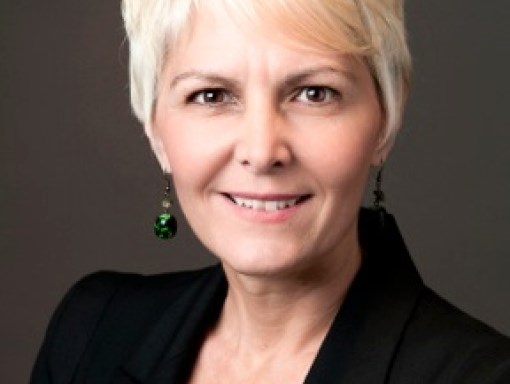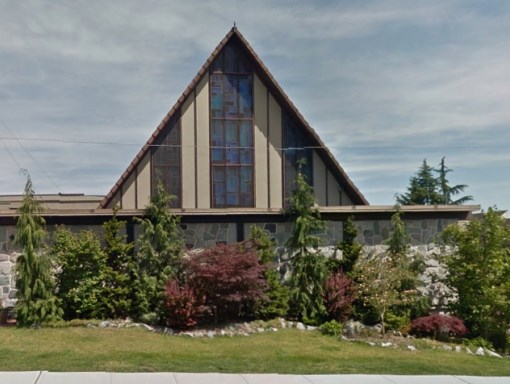Some Coquitlam councillors want the city to find a way to make sure legal pot isn’t grown in a below-market rental housing project being planned by the United Church.
The Como Lake United Church proposal calls for 75 units on its property at the corner of King Albert Avenue and Marmont Street. The city has agreed in principle to support a maximum contribution of $662,000 from its affordable housing reserve fund, mostly by waiving fees and development cost charges.
But in giving that support, Coun. Bonita Zarrillo said the city should require the proprietor prohibit pot being grown in the units even though it will soon be legal for Canadians to do so in their own homes.

“I’m very uncomfortable not having something in this agreement about marijuana in these units. I want these units to be clean of any marijuana growing,” Zarrillo said.
Planning general manager Jim McIntyre said the city would need to get a legal opinion on what it could do, if anything, to impose such a condition on its contributions. He also pointed out the United Church and the project’s other partners, Canadian Mortgage and Housing Corporation and BC Housing, would have to be consulted.
Coun. Mae Reid said it wouldn’t be appropriate to have the smell of marijuana throughout a family-oriented project, and if the city is contributing, then it should be able to prevent pot from being grown in it.
Mayor Richard Stewart said although he doesn't think the city could impose a pot provision, he wouldn’t mind getting a definitive legal view on if it was possible.
“[Growing marijuana] is commonplace now. I know people who have medicinal need for cannabis, and some of them are low income,” said Stewart. “That suggests it would be hard to place some justifiable ban on growing cannabis. [It could be] shown to be discriminatory to people with disabilities.
“I’m left with being unsure of the realities on our ability to fetter the owner of a building, let alone a tenant of a building that isn’t even one of ours.”
Council decided to send the project to a public hearing but Stewart said he would like to know the city’s legal position on the pot question before it goes to fourth and final reading.



